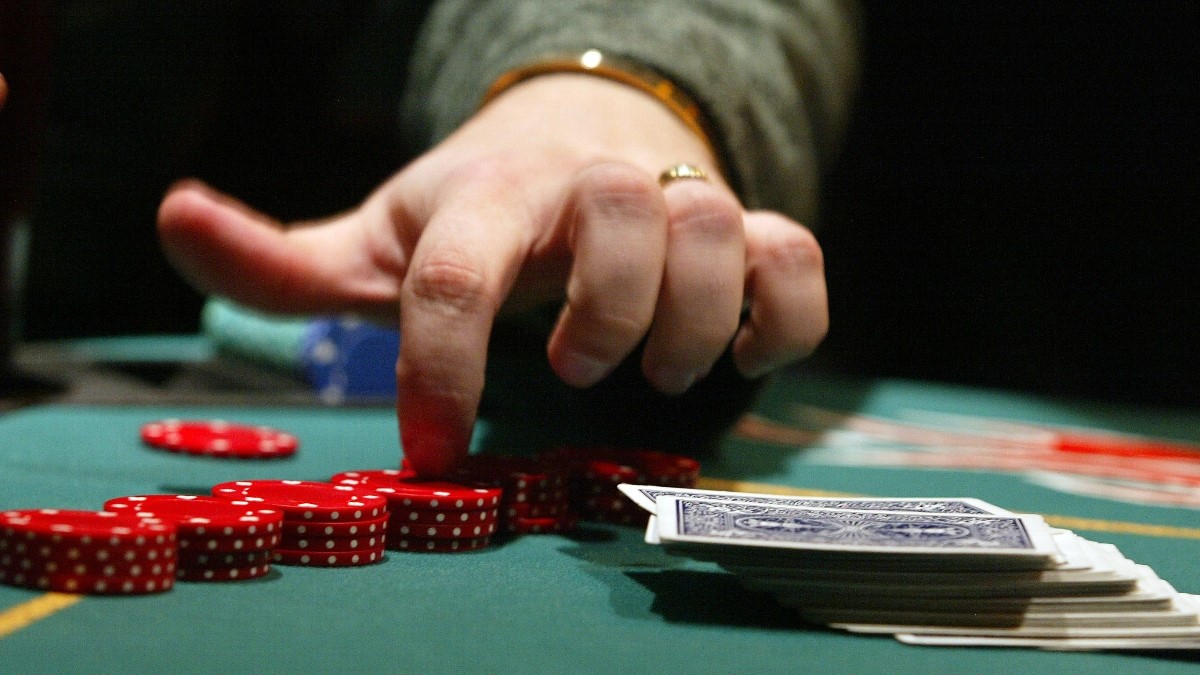Marketing Manager | Posted on | sports
Tips to Play Poker Online
0
367 Views
Poker has captivated players for decades because it calls for both skill and strategy. Success depends on your capacity to learn thepoker rulesand establish a solid foundation, regardless of your degree of experience. In this post, we'll look at some practical advice for honing your poker skills. These insights will equip you with the knowledge and skills required to outsmart your fellow players at the table, from mastering hand rankings to putting effective strategies into practice.

Strong Fundamentals
It's crucial to understand the fundamentals of poker before delving into the complex techniques. The purpose of poker is to earn chips by creating the best hand or by getting your opponents to fold. Typically, a regular 52-card deck is used. Learn the different hand rankings, such as high cards, pairs, three-of-a-kind, straights, flushes, and more. You can assess the power of your hand and make wise judgments throughout gameplay by being aware of these rankings.
Become an expert bluff.
Poker requires you to bluff in order to trick opponents and win hands even though you may have poor cards. But bluffing demands precise timing and observing your rivals' actions. Utilize your knowledge of the game to evaluate the table dynamics, spot trends, and take advantage of any flaws. While bluffing can be a successful approach, it's crucial to use it sparingly and carefully because doing so can create predictable patterns that cunning opponents can take advantage of.
Train your patience.
In poker, patience is a virtue. It's essential to exhibit restraint by waiting for advantageous situations rather than giving in to the urge to play every hand. Your overall success may be considerably impacted by your choice of starting hands. You can save your chips for instances where you have a stronger position by exercising patience and folding weaker hands. Keep in mind that winning large pots needs perseverance and wise judgment.
Viewpoint and Analysis
In addition to your hand of cards, poker also requires you to keep an eye on your opponent's movements and patterns. Pay close attention to how they behave, how they gamble, and how they react. Infer their hand strength or prospective strategy by looking for cues. Analyze their actions repeatedly to spot trends and take advantage of their shortcomings. Additionally, be conscious of what you're doing to stop providing your enemies crucial information.
Manage Your Finances
In order to play poker successfully, controlling your bankroll is essential. Don't go over the allotted sum of money you set aside playing poker. It's critical to understand the hazards involved in the game and make thoughtful choices about how much you're willing to risk. You may manage your bankroll better and avoid accumulating too many losses by putting a plan in place.
Acknowledge positional advantage
A poker’s fundamental principle of positional advantage can provide you with a sizable competitive advantage over other players. You have greater knowledge about other players' activities the later you act in a betting round, which enables you to make more informed choices. Being in a late position allows you to keep an eye on the betting patterns and trends of players before you and modify your strategy as necessary. As a result, it is crucial to be extra cautious when choosing your bets and hands when you are in an early position because you have less information at your disposal.
Always be learning and adapting
Poker is a game that is always changing. Continuous learning and strategy modification is essential if you want to stay one step ahead of the competition. Keep up with the most recent breakthroughs, strategies, and trends in the poker industry. To learn more about the strategies used by seasoned players, read the books, articles, and forums they have published. To hone your abilities, you should also think about signing up for a poker training website or taking part in live coaching sessions. Keep in mind that you'll be better able to handle a variety of scenarios and outperform your opponents the more you study.
Practice makes perfect.
Poker is a skill that can be mastered with practice. Use the many online resources that offer free or low-stakes games to perfect your skills without putting a lot of money on the line. To gain experience and hone your strategies, play regularly against opponents with a range of skill levels. Additionally, review your gaming after each session to find areas that need work. To monitor your development, note noteworthy hands, and reflect on your choices, keep a poker notebook. You can build a strong foundation and improve your poker skills by investing the time and effort necessary to practice.
Being an effective poker player takes knowledge, talent, discipline, and adaptation and is a lifelong endeavor. You'll improve your chances of winning at the poker table by comprehending the rules, making use of positional advantage, managing your bankroll wisely, constantly learning, and keeping emotional control. Poker is a game of strategy, endurance, and observation, so keep that in mind. Apply these strategies, play wisely, and allow your poker hands to lead you to success whether you're going for a royal flush or a pair of twos. Wishing you luck as you play poker!
